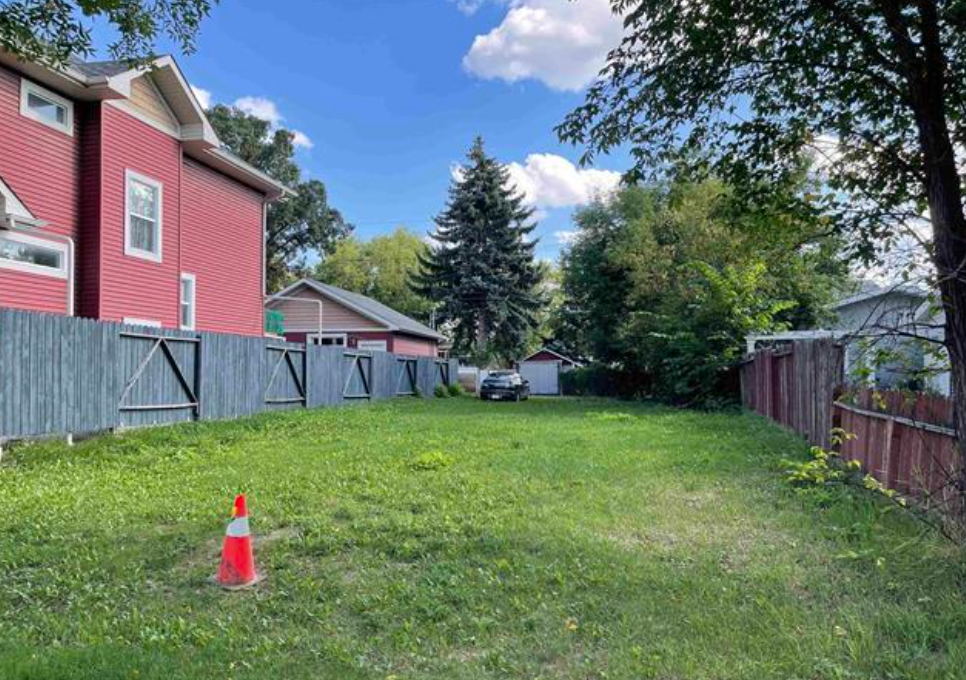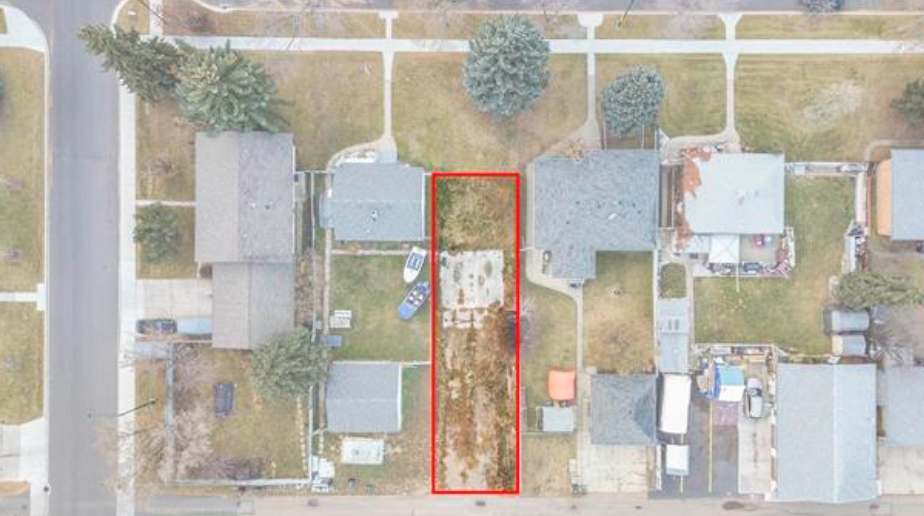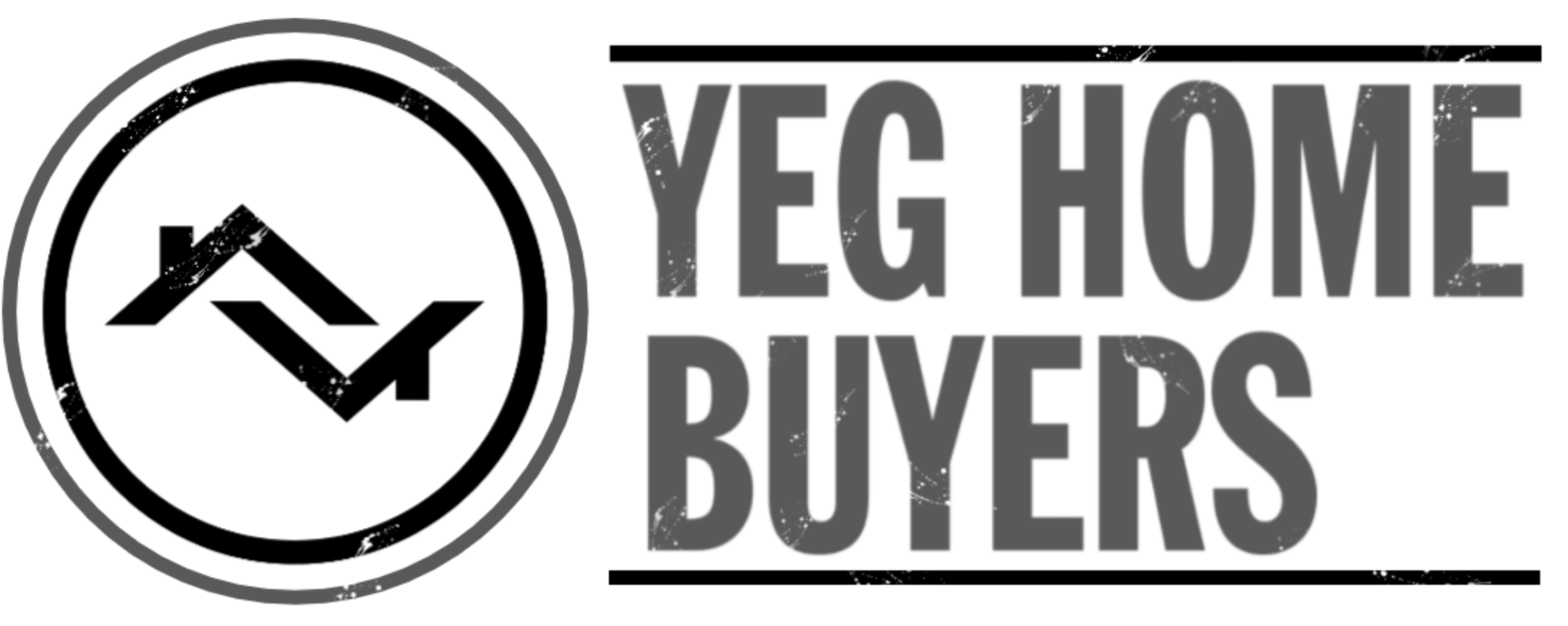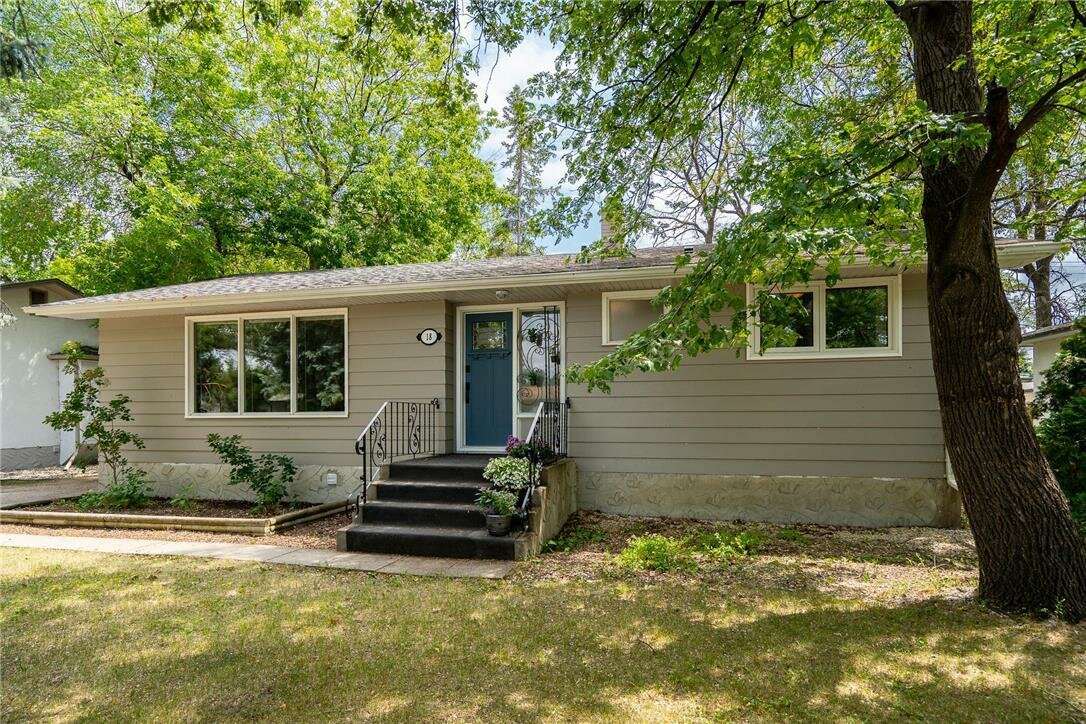When you are ready to sell in Edmonton, AB, how do you determine the value of your land?

Use These Three Methods
Exploring the value of your land in Edmonton, AB involves utilizing three key appraisal methods. The Income approach examines market rent for similar properties to gauge anticipated income potential. Alternatively, the Cost approach evaluates the expenses associated with replicating the property’s structure precisely, considering factors like material costs and labor. While essential, the building’s actual cost alone may not reflect the property’s market worth accurately.
The final method is the sales comparison approach, where recent sales of comparable properties in the vicinity are analyzed to determine an appropriate value. For example if your neighbours property sold recently and is very similar to yours, then by comparing yours to this home you’d expect it to sell for a similar amount. This approach assumes that buyers will not exceed the prices paid by others for similar properties. For a comprehensive understanding of these valuation methods, contact YEG Home Buyers at (780) 619-0629 today! Also we always recommend getting a second opinion on the value of your home so that you get a fair price – realtors and real estate appraisers are two other professionals who can provide you an estimate about your homes value.

More Than Recent Sales…
There are numerous factors beyond recent sales in the vicinity that impact the valuation of your property in Edmonton.
Considerations such as the property’s zoning and potential use play a pivotal role. For instance, if your land is zoned for commercial purposes in a residential area, its value differs significantly from a neighboring residential plot.
Assess whether your land has convenient road access, as this can influence its value based on the property type. Proximity to amenities like shopping centers, grocery stores, and attractions can enhance value. Conversely, neighboring properties with unkempt surroundings can lower your land’s worth. Be mindful of factors like flood zones, as properties prone to flooding are less desirable for potential buyers. Additionally, factor in holding costs including taxes and association fees.
In Edmonton, the demand for properties similar to yours is a key determinant of value. If the market is saturated with comparable properties, pricing above market value may deter buyers. Conversely, a unique property with distinct features may command a premium, albeit potentially requiring more time to sell to a specialized buyer. Ultimately, the value of your land is contingent on the buyer’s willingness to pay and your pricing strategy.
In summary, to determine the value of your land in a market city, use three key appraisal methods: Income, Cost, and Sales Comparison. Income evaluates market rent for similar properties, while Cost evaluates expenses associated with replicating the property’s structure. Sales Comparison analyzes recent sales of similar properties in the area to determine an appropriate value. Other factors like zoning, potential use, road access, proximity to amenities, flood zones, and holding costs also impact the property’s value. Demand for similar properties and pricing strategy also play a role in determining the value of your land.

